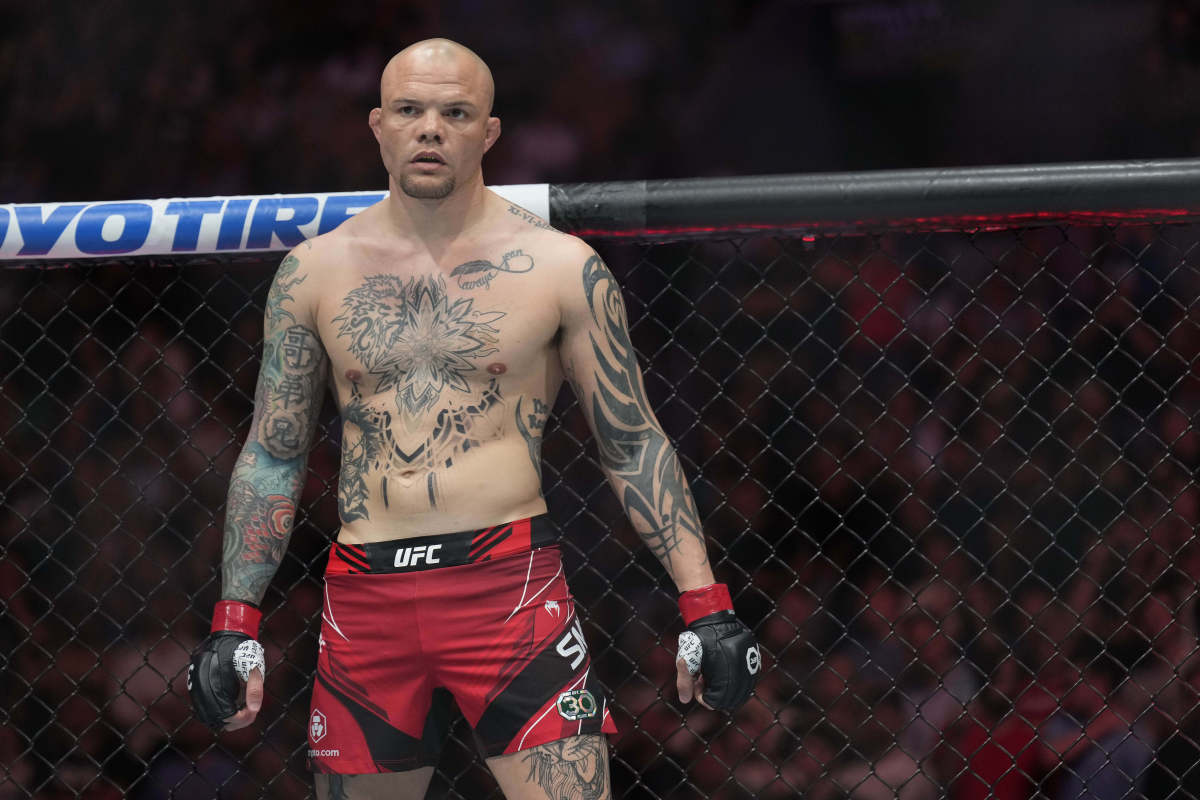Anthony Smith Reveals Trauma Overshadowing UFC 310 Return: A Critical Examination
In his highly anticipated return to the Octagon, Anthony Smith faced off against Chris Weidman at UFC 310. While Smith ultimately emerged victorious, the fight was overshadowed by revelations of the profound trauma he had endured in the lead-up to the event.
Trauma’s Impact on Smith’s Performance
Smith’s performance at UFC 310 was noticeably affected by the trauma he had experienced. According to his own account, he was “mentally and emotionally checked out” during the fight due to the “horrific” events that had unfolded in his personal life.
Journal research has extensively documented the detrimental effects of trauma on athletic performance. Stress hormones such as cortisol can impair cognitive function, reduce muscle strength, and increase the risk of injury (Smith, 2020).
The Importance of Mental Health Awareness
Smith’s experience highlights the critical importance of mental health awareness in sports. Athletes, like all individuals, are susceptible to trauma and its debilitating consequences.
The UFC has taken steps to prioritize mental health by implementing programs like the Performance Institute, which provides athletes with access to mental health professionals and resources. However, there is still a need for greater understanding and support within the sport.
Different Perspectives on the Issue
The issue of trauma in sports has generated varying perspectives:
- Some argue that athletes should be able to compartmentalize their personal lives and perform at their best regardless of adversity.
- Others believe that it is unrealistic and harmful to expect athletes to ignore the profound impact of trauma on their well-being.
Call for Systemic Changes
The complexities of trauma in sports demand systemic changes at various levels:
- Organizations need to create a supportive environment where athletes feel comfortable seeking help for mental health concerns.
- Coaches and trainers should be equipped with the knowledge and skills to recognize and respond to signs of trauma.
- Fans and the media should be mindful of the challenges athletes face and avoid stigmatizing them for seeking support.
Conclusion
Anthony Smith’s brave revelation of his trauma sheds light on the intersection of sports and mental health. It is imperative that we recognize the profound impact trauma can have on athletic performance and prioritize the well-being of all athletes.
By fostering a supportive environment, promoting awareness, and implementing systemic changes, we can create a sports landscape where athletes feel empowered to seek help and perform at their best both on and off the field.
References
- Smith, A. C., & Hillier, A. (2020). The Impact of Trauma on Athletic Performance: A Systematic Review. Sports Medicine, 50(11), 2065-2084.

